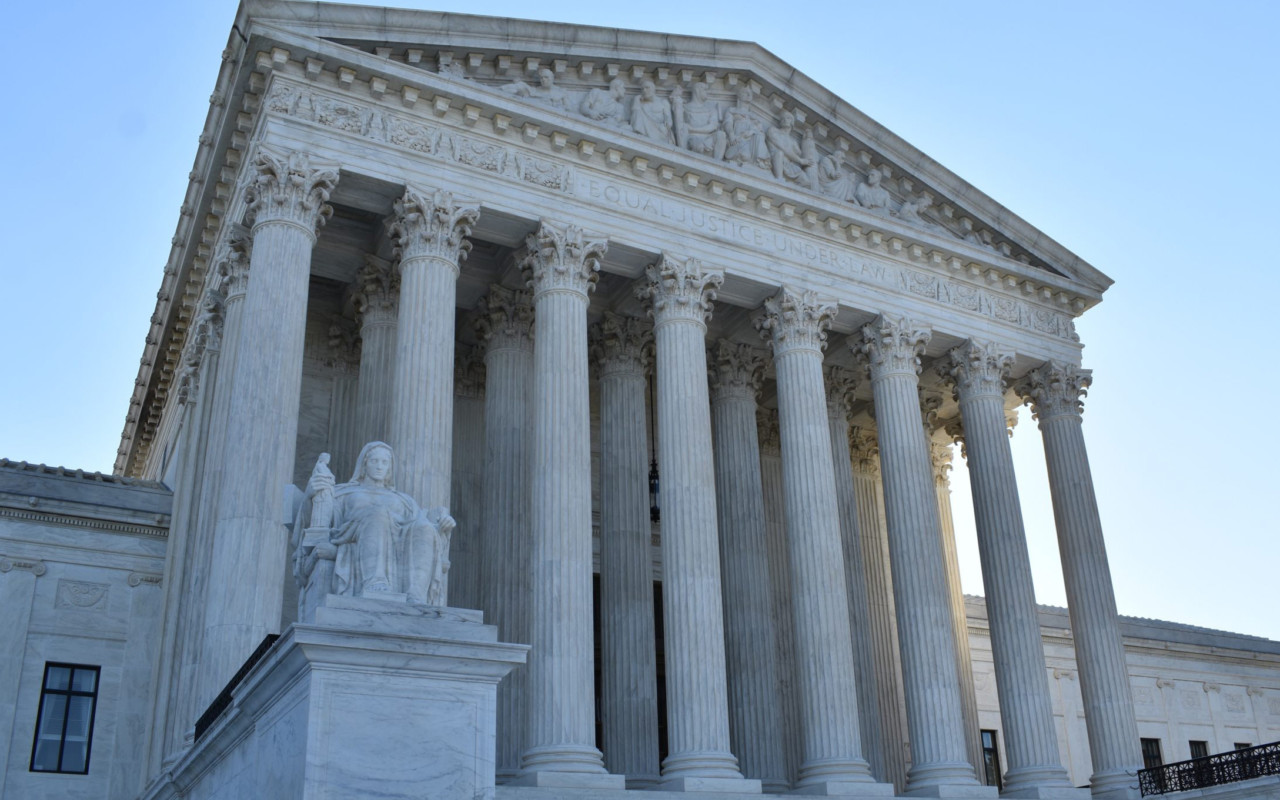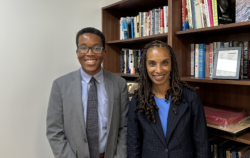
Letter from President + Founder Deborah Bial on SCOTUS Affirmative Action Rulings
“You do not take a person who, for years, has been hobbled by chains and liberate him, bring him up to the starting line of a race and then say, ‘You are free to compete with all the others,’ and still justly believe that you have been completely fair. Thus it is not enough just to open the gates of opportunity. All our citizens must have the ability to walk through those gates.”
– President Lyndon B. JohnsonDear Friends,
In June of 1965, before an excited commencement crowd at Howard University, President Lyndon B. Johnson uttered these now famous words. The case for affirmative action, fought for by civil rights activists, was grounded in the demands of fairness. Echoing that argument, Johnson challenged the idea that an end to discrimination could counterbalance the damage caused by centuries of legal discrimination in the United States. To ensure that African Americans were given a fair shot, more needed to be done.
For more than 30 years, Posse has connected dynamic young people to highly selective colleges across the United States—without screening for race.
Today, the Supreme Court rejected this line of reasoning in a vote of 6 to 3. Identifying racial sensitivity per se as the problem, the Court has ruled against affirmative action in higher education. Going forward colleges will no longer be able to consider race in deciding the composition of their incoming classes.
Whatever we make of the merits of the SCOTUS decision—whether we believe it will help or hurt the cause of fairness—its impact will undoubtedly be profound. The move towards colorblindness in admissions will almost certainly deepen the diversity challenges facing our most selective institutions of higher education. Even with affirmative action, top-tier schools have struggled to admit classes that reflect the racial and ethnic diversity of the country at large.
The roots of the problem trace back to our society’s failure to reckon with the legacies of slavery and Jim Crow. At almost every turn, BIPOC students continue to encounter inferior opportunities along their educational journeys. Today, as in 1965, our school systems are still highly segregated. Today, as in 1965, Black students are more likely to attend high-poverty schools. In general, Black and Brown children are less likely to have the educational resources they need to compete.
The upshot is that without holistic admissions practices that factor in race, fewer students of color will be admitted. We have seen decreases in the number of Black, Latinx and Native American students enrolled at highly selective public institutions in states that currently operate under restrictive affirmative action bans. Following this decision, we can expect similar results nationwide.
We believe that Posse has an important role to play, especially now. For more than 30 years, Posse has connected dynamic young people to highly selective colleges across the United States—without screening for race. We are the only race-neutral national merit college scholarship organization that works predominantly with students of color. Posse looks for young people who exhibit extraordinary leadership and academic potential, who can excel on campus and ultimately lead in the workforce.
Our theory of change is simple: improve the diversity of leaders at the decision-making tables and the result is better, more equitable decisions. Achieving this will require increasing the number of students from diverse backgrounds at top-tier schools. Posse’s strength-based approach and track record of success have uniquely positioned us to be effective in the new post-affirmative action landscape. We must and will continue to serve students who have historically been denied opportunity in the United States, connecting them to schools that match their tremendous abilities. Together with our deeply committed partner colleges and universities, we will continue to employ holistic measures of aptitude and merit—so that we can achieve truly diverse campus communities.
Today’s ruling by the Supreme Court greatly expands our collective responsibility. Posse’s commitment to opening the gates of opportunity and also ensuring young people’s ability to walk through them, as leaders, has never been stronger.
Debbie

